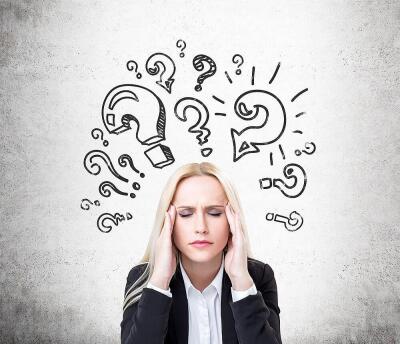Can Your Cell Phone Tell When You Are Depressed?
Is it possible? Are smart phones really that smart? According to some data tracked and compiled by Northwestern University Feinbrg School of Medicine it just might. As a matter of fact according to the study it can do so with 87% accuracy.
In July of 2015 the study that followed 28 people over the course of 2 weeks. The goal of the study was to passively detect depression and different levels of emotional states related to depression. The hope is that the information could be used between patients and health care providers to monitor people who are at risk of depression. “We will see if we can reduce symptoms of depression by encouraging people to visit more locations throughout the day, have a more regular routine, spend more time in a variety of places or reduce mobile phone use.” Says Sohrob Saeb the lead author of the study.
The study looked at how many times the individual left home and visited outside locations as well as how many minutes they spent on the phone. Depressed people used their phones about 68 minutes per day; those without depression only used it for about 17 minutes per day. They also spent most of their time at home. Dr. Mohr, another one of the researchers, said “When people are depressed, they tend to withdraw and don’t have the motivation or energy to go out and do things.”
What is the lesson learned? Pay attention to what you do and how much time you are spending on your phone. It could be very telling of your true emotions. If you find that you are spending too much time alone or feeling down it might be time to do something about it. There is plenty of research to support the fact that when you are feeling down it is better for you to get out of the house and be with people or even go for a walk in nature. Both are great ways to lift your mood.
While I found this study quite fascinating. I am not sure that I am fond of the idea of being tracked through my smartphone however if it can be used to help people receive needed help then it might be a good thing. What do you think?
Julie “Brain Lady” Anderson
Professional Speaker, Corporate Trainer, Consultant, Coach
Specializing in Leadership, Relationships, Communication Skills,
Parenting, and the Brain Personality Connection

